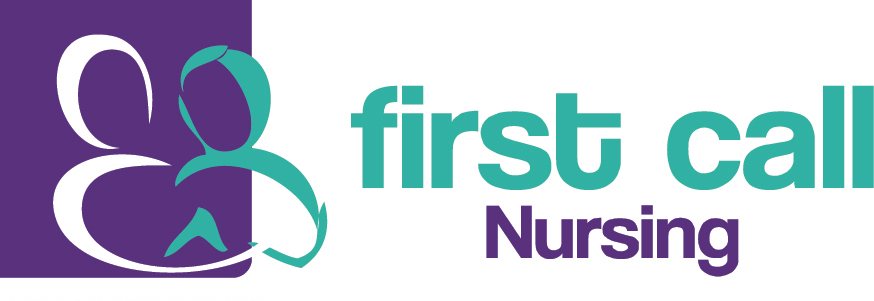Some older adults need only a little assistance from family caregivers; for example, transport to and from the grocery store. Others need a lot of help with daily activities like eating, bathing, dressing, taking medications and managing money. And over time, an older adult often needs increasing help from caregivers.
While caring for an older family member can be a rewarding experience, it can also be stressful and frustrating, especially if the older adult has dementia or needs around-the-clock care.
Most family caregivers are spouses or children. They may have age-related health problems of their own; or they may have small children to care for, or work outside the home, or all of these. Sometimes, providing care for an older relative can be extremely distressing and lead to 'caregiver burnout', so it's important to get help before care-giving becomes overwhelming. If you’re caring for an older loved one:
Get information:
Learn as much as you can about your loved one’s health problems and needs and how these are likely to change over time. This will help you plan and prepare for these changes. Learning about options for care that your loved one may need in the future – such as help from a home aide, or assisted living or nursing home care – can also help you prepare for and feel more secure about your loved one’s future.
Help your loved ones to help themselves:
Doing something as simple as putting a special, no-slip seat in the shower or bath; installing “grab bars” in the bathroom and near your loved one’s bed: moving kitchen supplies to lower shelves; or getting easy-grip can openers and other utensils can make it possible for an older relative to keep doing certain things independently.
Ask trustworthy family, friends and neighbours for assistance:
Perhaps a neighbour can take your mother to the grocery store once a week, or your sister could help make meals for mum on weekends. Explain what needs to be done, but try not to criticize if others don’t care for your loved one in exactly the way you would. The important thing is that their needs are met.
Take care of yourself, too:
Eating well, exercising, and taking time to relax and enjoy yourself are key to avoiding burnout. If you look after yourself you’ll be able to take better care of your ageing family member. Don’t take it personally If your older relative has dementia or other mental or emotional problems, they may act out or say hurtful things. Remind yourself that this behavior is a result of their illness, and try not to take it to heart.
Talk about it:
Talking about your experiences and feelings can make care giving less stressful. Joining a caregiver support group in your area will give you a chance to share your thoughts, feelings and information with others in similar circumstances.
Contact professionals and organisations that assist caregivers:
A wide array of programs, agencies, organisations, and individuals in your community can help you manage the challenges of caring for an older relative, and help you locate the following kinds of help:
- Financial: seek assistance and advice on paying for the services your loved one needs; including assistance completing necessary paper work.
- Transportation: to take your loved one shopping or to and from medical appointments. Or perhaps out to community based centres to see friends.
- Meals: seek help in preparing meals in your loved one’s home, and get meals delivered.
- Respite care services: we send trained helpers to your loved one’s home so you can take a break
- Reliable 'home helpers': people who can visit your loved one for an hour or two at a time to help with bathing, light housekeeping, cooking, and errands
- Adult day care: centres where your older loved one can go for several hours during the day for care supervised by health care staff. This care usually includes social programs, recreation and meals. Special adult day care programs are available for people with dementia, depression and social problems.
- Home nursing services: including visits from registered nurses, private duty nurses and aides in nursing.
First Call is here to help:
First Call Nursing offers a wide range of home care and community services, 24 hours a day, 7 days a week. Call us 02 9600 6612 to discuss how we can help.
________________________________________________________





